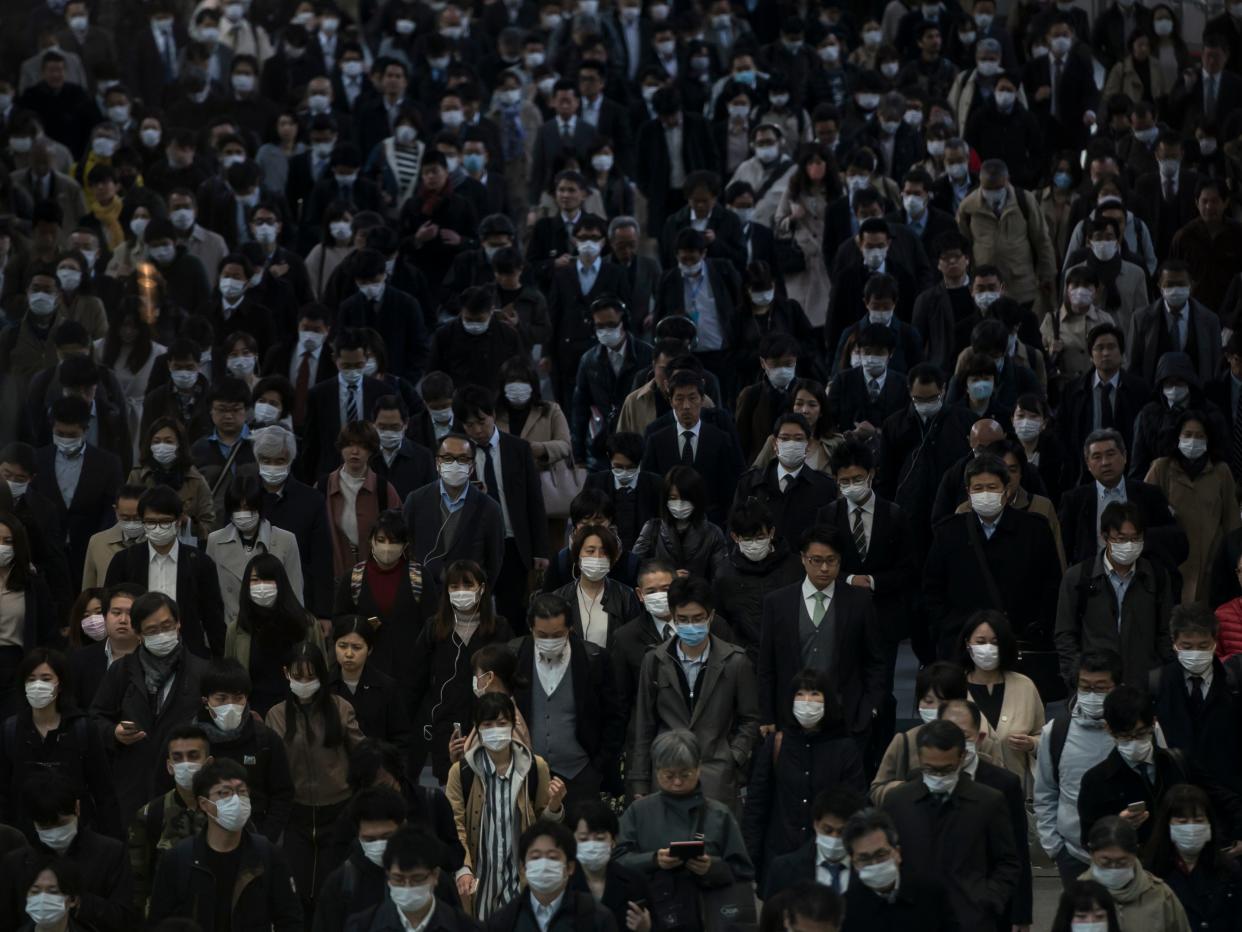What we know about the Brazil Covid variant - old

The UK has identified its first cases of the coronavirus variant that was detected in Brazil’s Amazonas state.
Six cases were detected, with three in England and three in Scotland, Public Health England (PHE) said on 28 February. Two were confirmed in South Gloucestershire and have been linked to travel to Brazil, but the third English case has not been located and could be anywhere in the nation.
The variant, known as P1, made its way into the UK despite a ban on travel from several South American countries. Although the government introduced mandatory hotel quarantine measures for British travellers this month, two of the cases stem from one household where one person returned from Brazil through Switzerland before the new measures came into place.
PHE and NHS Test and Trace are contacting the passengers on Swiss Air flight LX318 travelling from Sao Paulo, through Zurich, and landing in London Heathrow on 10 February.
The variant identified in the UK on Sunday is one of two variants first detected in Brazil. One case of the other variant, called P2, was found in the UK in January, but it was not the “variant of concern”, Professor Wendy Barclay of Imperial College London confirmed at the time.
It is not yet known if P1 causes more severe disease, but evidence suggests it may be more transmissible. Scientists are also conducting analysis to establish whether it diminishes the effectiveness of the Covid-19 vaccines.
The more concerning variant was first detected in four people who had travelled from Amazonas to Tokyo in January.
P1 shares a number of mutations with the highly infectious variants identified in Britain and South Africa, both of which have driven a huge surge in cases across the two nations.
After prime minster Boris Johnson said he was “concerned” by the variant and pledged to take action, the government in January placed a travel ban on 15 South American countries: Argentina, Bolivia, Cape Verde, Chile, Columbia, Ecuador, French Guiana, Guyana, Panama, Paraguay, Peru, Suriname, Uruguay, Venezuela, as well as Brazil itself.
Sir Patrick Vallance, the government’s chief scientific adviser, said P1 shared similarities with the South African variant but denied that it could result in a more severe infection.
“What we're seeing is that mutations are cropping up across the world which are quite similar in terms of the changes … the Brazilian one, like the South African one, has a change of the genetic code, at position 484, and that changes a bit of a shape of the protein.
“The changes that we're seeing with the variants are largely around increased transmission – it makes it easier to get it from one person to another, it makes it easier therefore to catch,” he said.
The P1 variant was associated with a surge of cases in Manaus late last year, which led to a severe second wave of Covid-19 in the Brazilian city.
Scientists were concerned this may raise the possibility it is able to more easily re-infect patients due to the mutations it carries. But the evidence for this is currently limited.
Like the South African variant, P1 carries a mutation in the spike protein called E484K. Research has shown that it could be “associated with escape from neutralising antibodies” – meaning it may be able to evade parts of the body’s natural defence memory that bestows immunity.
Ravi Gupta, professor of clinical microbiology at the University of Cambridge, said this specific mutation was “the most worrying of all”.
However, professor Stephen Powis, the NHS’s national medical director, said the vaccines can be quickly adapted to tackle new variants.
He told BBC News: “The new vaccines which are being used for Covid can be adapted very rapidly so it’s likely that if we do need to change the vaccine that can be done in months, rather than years, which was the case with the more traditional vaccines.”
Tedros Adhanom Ghebreyesus, director general of the World Health Organisation, said the variants are “highly problematic” if allowed to burden hospitals and health services already under intense pressure.
The WHO has been informed of the cases, which have been designated “of concern” as it shares key mutations with the variant detected in South Africa.
The Brazilian ‘variant of concern’ also carries the N501Y mutation in its spike protein, which features in the highly transmissible UK variant.
Pfizer and German partner BioNTech have said their vaccine worked against the N501Y mutation found in the British and Brazilian variants.
Read More
Clarity is needed on the use of vitamin D to fight Covid-19
More than 1,500 UK coronavirus deaths recorded in new daily high
Japan presses on with Tokyo Olympics preparation despite Covid surge
‘This is definitely one to watch’: New Covid variant spreading rapidly in NYC

 Yahoo News
Yahoo News 
